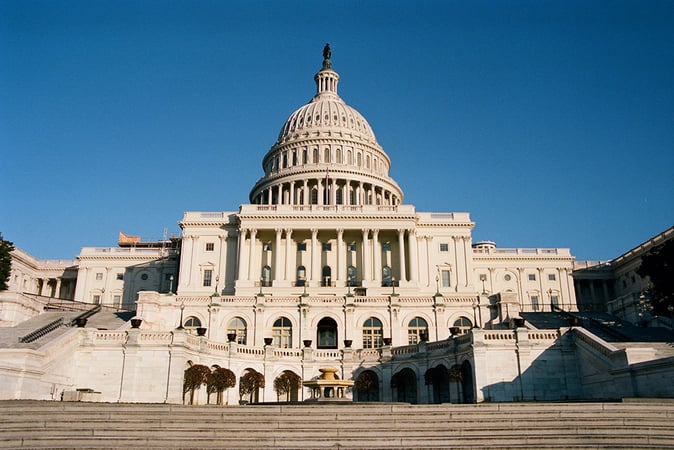The bill, if passed, will prevent undue government interference in the crypto sector, and also support self-custody wallets.
A new crypto bill has been introduced to the United States Senate to give crypto holders more power over their assets. Senator Ted Budd (R-NC) introduced the “Keep Your Coins Act” to the 118th Congress on Tuesday.
The new bill aims to let crypto holders maintain full custody of their assets without the need for any middlemen or third parties, including cryptocurrency exchanges. The bill also hopes to disallow the Federal government from interfering in any way. The goal, as stated by the bill, is “to prohibit Federal agencies from restricting the use of convertible virtual currency by a person to purchase goods or services for the person’s own use, and for other purposes.”
According to Senator Budd, the new crypto bill protects consumers from several risks and challenges they are exposed to in dealing with cryptocurrencies. The Senator believes this method empowers individuals by supporting total control of funds. He says:
“This approach will foster financial freedom and a more decentralized cryptocurrency ecosystem.”
Similar Crypto Bill Announced Last Year
Last year, Rep. Warren Davidson (R-OH) introduced a similar action in the House. In July, Davidson’s “Keep Your Coins Act” passed the House committee but did not get a full floor vote. Davidson is a known advocate of self-custody wallets and hopes to prevent the government from biting hard on the sector. Davidson generally supports the crypto sector against agencies like the US Securities and Exchange Commission (SEC) and the Commodity Futures Trading Commission (CFTC).
Both bills promote efforts at decentralizing the cryptocurrency industry further, especially for the individual user. They also help to reduce problems that may arise from third-party interference or control of user funds.
Interestingly, Senator Elizabeth Warren (D-MA) filed an opposing bill last year. Along with Senator Roger Marshall (R-Kan), Warren introduced a bill that recommends several limitations to the sector, affecting unhosted or self-custody wallets. The bill would require crypto networks and service providers to identify customers using these wallets and monitor their transactions. Among other things, the bill also seeks to ban financial institutions from using crypto mixer services. These mixer platforms, like Tornado Cash, obscure crypto transactions between wallets, making them difficult to trace.
SEC Enforcement Action
Back in June, Davidson filed the SEC Stabilization Act along with Rep. Tom Emmer (R-MN) to “restructure the SEC and fire Gary Gensler”. In a post on X (formerly Twitter), Davidson called for the protection of US capital markets “from a tyrannical Chairman”. In an official press release, SEC Chair Gary Gensler is accused of a “long series of abuses that have been permitted under the current SEC structure.”
The SEC has been repeatedly criticized for its enforcement action against the crypto industry. In a recent speech, Gensler confirmed that the Commission in 2023 has filed over 780 actions, with standalone cases making up at least 500 of them. Gensler also added that the SEC has obtained judgments and orders totaling $5 billion. Notably, the Commission’s actions so far have resulted in $930 million distributed to affected investors.
Tolu is a cryptocurrency and blockchain enthusiast based in Lagos. He likes to demystify crypto stories to the bare basics so that anyone anywhere can understand without too much background knowledge.
When he’s not neck-deep in crypto stories, Tolu enjoys music, loves to sing and is an avid movie lover.




